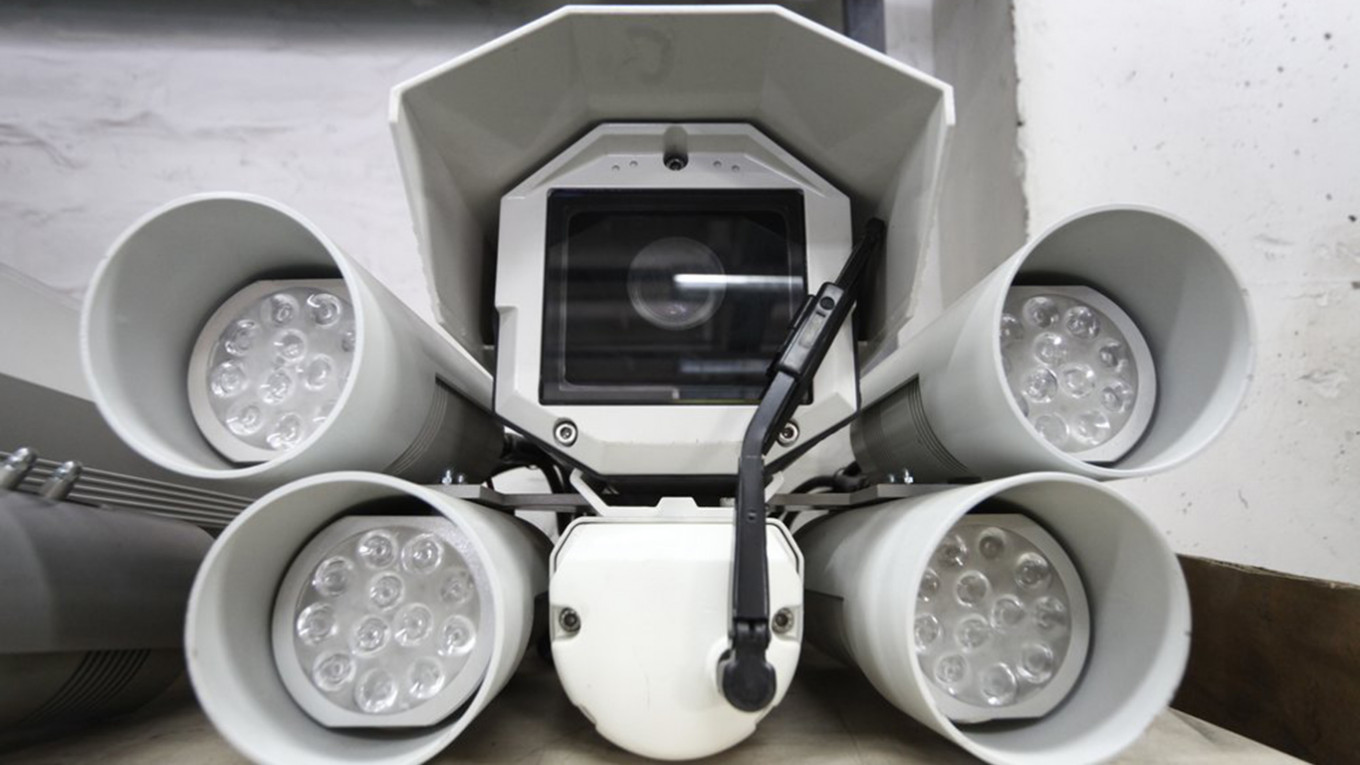
A Moscow court ruled on Tuesday that the city’s facial recognition system does not violate the privacy of its citizens, a lawyer for one of the plaintiffs told Reuters — a blow to activists who had hoped to ban the technology’s use.
Lawyer and activist Alena Popova and opposition politician Vladimir Milov of the Solidarnost party had filed a case against Moscow’s Department of Technology (DIT), which manages the capital’s video surveillance program, seeking to ban the technology’s use at mass events and protests.
Moscow completed its facial recognition rollout with the awarding of a small software contract in December, having already spent at least 3.3 billion rubles ($50 million) on hardware, and its system now boasts more than 105,000 surveillance cameras fitted with the technology.
The system remained in operation while court proceedings were ongoing, with authorities using the technology to ensure people ordered to remain at home or at their hotels under coronavirus quarantine to do so.
“This ruling shows there are no legal defenses for facial recognition complaints,” said Popova’s lawyer, Kirill Koroteev.
Popova also had a November lawsuit dismissed on the same grounds.
The DIT did not immediately respond to a Reuters request for comment.
On its website, the DIT says it uses video surveillance in crowded areas to “ensure safety,” and that video footage is deleted within five days of an incident unless a request by the public or law enforcement is made.
